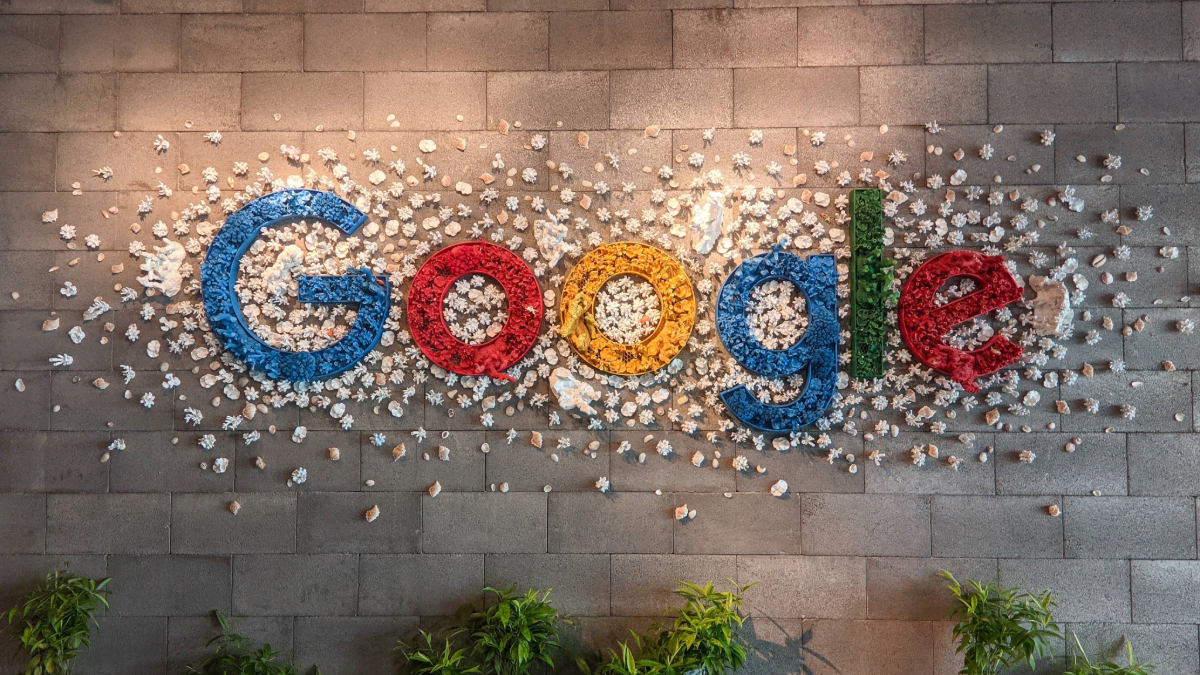Breaking Down the EU’s Investigation into Google’s Search Policy
Megan Kirkwood / Nov 14, 2025Megan Kirkwood is a fellow at Tech Policy Press.
The European Commission has launched an investigation into Google over its search spam policy, in the latest enforcement action under the Digital Markets Act (DMA). This is a separate investigation from the one that resulted in the Commission’s previous preliminary findings of non-compliance with the law over self-preferencing its own services in Google Search results. It also follows from a separate case that saw the Commission hand the company a €2.95 billion fine for abuse of dominance of its advertising technology, where Google is trying to avoid a breakup.
The Commission is investigating whether Google has breached Article 6(12) of the DMA, which mandates that Google must “apply fair, reasonable, and non-discriminatory general conditions of access for business users” to its search engine, and Article 6(5), which dictates that Google apply those conditions also to search ranking results. The issue taken by the Commission is Google’s policy on “site reputation abuse,” otherwise known as “parasite SEO,” which Google defines as:
Site reputation abuse is a tactic where third-party content is published on a host site mainly because of that host's already-established ranking signals, which it has earned primarily from its first-party content. The goal of this tactic is for the content to rank better than it could otherwise on its own.
An example Google gives to explain this scenario includes if:
…a scammy payday loan site might pay a respected website to publish its content, including links to its offerings. We consider this to be spam, because both our users and our systems think they’re dealing with a trusted website, when in reality they’re dealing with a scammer.
The policy was introduced in 2024 as a way to improve search results following complaints received by the company that search results were becoming “degraded and spammy,” according to Google’s defence of the policy. Because news publishers constitute respected sites that often monetize using advertisements or other content, which might constitute third-party content, the policy has affected their revenue.
What has been the impact of the policy change?
Following the policy change, a German media company, ActMeraki, took a complaint to the European Commission, saying it penalizes websites.” Reuters reported that the “complaint echoed a joint grievance by the European Publishers Council, the European Newspaper Publishers Association and the European Magazine Media Association,” which together issued a letter calling for the policy to be investigated.
In addition, Richard Reeves, managing director for The Association of Online Publishers, a trade association representing digital publishing companies, wrote in Press Gazette about the impact of the policy. Reeves wrote that the new policy was rolled out without any communication and very little transparency, citing examples of publishers attempting to restructure deals to appease the policy. For example, because Google includes freelancers as third-party content that comes under the policy, “publishers are left in the dark as to whether the ratio of freelance to in-house staff and output is being tracked, and how long this ratio needs to be established for Google to consider it business as normal, and thus not abuse.” In another example, a publisher:
…immediately cut ties with third-party coupon providers following the policy’s announcement and brought all functions entirely in-house. They still received a manual penalty and voucher traffic has never recovered. Even in-house, it appears vouchers are no longer a commercial opportunity publishers can explore.
Reeves also pointed out that the change comes at a time when the publishing industry is still recovering from reduced advertising revenue at the height of the COVID-19 pandemic, with the policy contributing to a “vicious cycle” where “[d]ue to reduced revenues, publishers cut in-house staff and turn to freelancers to save costs. Then, to recover revenues, publishers turn to new commercial verticals but now can’t use freelancers.” Reeves calls the policy an “overreach” and, while appreciating that spam exists, the policy’s “enforcement dictates commercial and hiring decisions that should be the sole domain of publishers, such as when and how freelancers are hired and what work they do. Due to Google’s dominance in search, publishers have no choice but to comply.”
Responses to the EU investigation
The DMA investigation was brought to the Commission by complainants represented by Thomas Höppner, an antitrust lawyer and DMA litigator who was the lawyer in the original ActMeraki complaint. Höppner wrote on LinkedIn that Google’s policy is:
...foreclosing competition on the markets for affiliate marketing, one of the last areas that Google has not yet monopolized. The strategy became clear once Google launched its own coupon services across affected markets, directly after having penalized all rivals.
Dr. Courtney C. Radsch, Director of the Center for Journalism & Liberty at Open Markets Institute (and a board member at Tech Policy Press), issued a statement in support of the investigation:
Limiting the visibility of publisher content tied to commercial partnerships undermines legitimate revenue streams for journalism, making it even harder for publishers to remain economically viable and connect with their audiences in monopolized information ecosystems. Google’s dominance across distribution, monetization, search, and audience visibility creates structural barriers that weaken both competition and democratic accountability.
Simonetta Vezzoso, a researcher from Trento University, told me that the investigation may help to set a legal precedent in interpreting Article 6(12), which could make it a useful Article going forward when applied to other core platform services.
Meanwhile, Google has defended the policy in a blog post, arguing that the DMA “is already making Search less helpful for European businesses and users. This surprising new investigation risks rewarding bad actors and degrading the quality of search results.”
The Commission aims to conclude its investigation within 12 months of the opening of the proceedings. Google faces fines of up to 10% of the company's total worldwide turnover, or 20% in case of repeated infringement. If found to infringe the law systematically, Google could face a breakup, similar to its ad tech antitrust case, where the Commission is seeking to separate out parts of its ad tech business due to “conflict of interest.”
Opening a new investigation could further heighten tensions with the Trump administration. Following the fines issued to Apple and Meta over DMA non-compliance, the White House called the fines a "novel form of economic extortion.” Big Tech firms have not been shy in urging the administration to defend them against overseas scrutiny, and the White House has made it clear that the US will retaliate against countries that take action against American firms.
The EU has tried to focus more on bringing Big Tech into compliance rather than imposing fines, though without the threat of significant punishment, gatekeepers like Google may feel little pressure to change.
Authors

